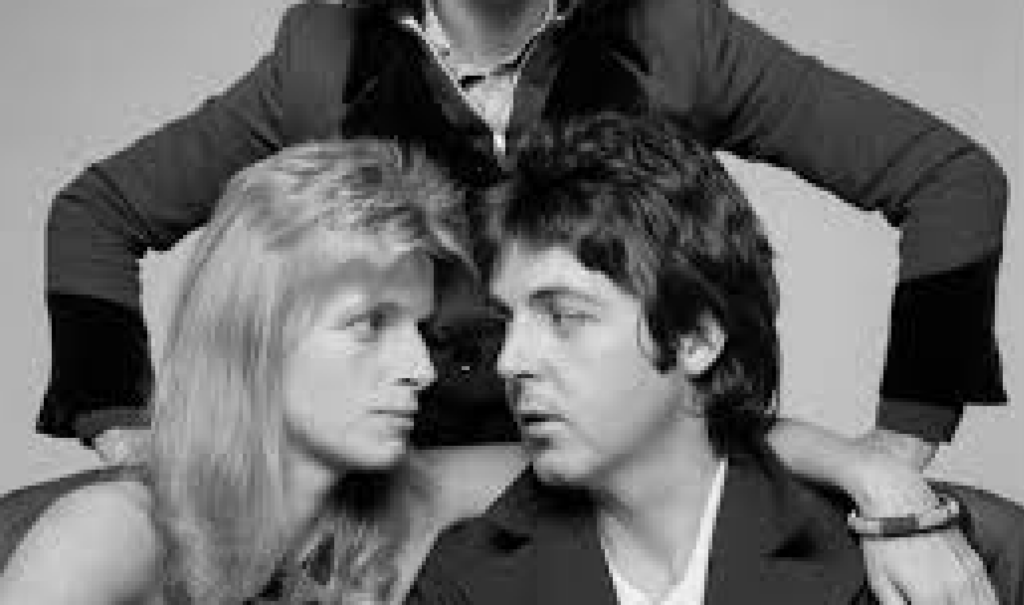It’s a Black Thing
Director Richard Linklater’s School of Rock imagines, sort of, what might have become of voluble rock snob Barry the morning after his grand finale in Stephen Frears’ adaptation of Nick Hornby’s High Fidelity — after his Marvin Gaye impersonation had faded and been forgotten in the daylight hours, after he quit his gig at the record store to pursue his rock-and-roll fantasy, after he moved into Barrytown and realized it was a rundown neighborhood populated by wanna-bes and failures. Barry, as embodied by the whirlwind Jack Black, dreamed of the arena but would never have made it past the club. His would have become a life of endless cutting contests, of crashing on friends’ couches, of doing nothing all day while waiting to rock all night.
That’s just the life School of Rock‘s Dewey Finn leads. Dewey, played by Black, is still chasing Barry’s dream: He’s the stage-diving, solo-taking guitarist in a hair-metal band. His bandmates think Dewey is a no-talent who’ll keep them from winning a local battle of the bands — a real punch in Dewey’s ample gut considering that the band resembles a third-rate Poison tribute act. Disgraced, he takes to sleeping all day on the couch of nebbishy pal Ned (Mike White, who also wrote the screenplay) and Ned’s girlfriend, Patty (Sarah Silverman). When Ned and Patty demand that he get up, get a job or get moving, Dewey says he’ll temp like Ned does. Ned, a substitute teacher, says Dewey “wouldn’t last a day.” Ms. Foreshadowing, meet Mr. Plot Point.
Dewey, posing as Ned, ends up teaching at a hoity-toity private school run by the uptight Principal Mullins (Joan Cusack). At first, he brushes off the kids; Dewey’s idea of learnin’ is telling the kids. Then he overhears them jamming in music class and figures he can prod the prodigies into joining his group for the battle of the bands, which involves deceiving the principal and taking the kids out of school without permission — very sketchy stuff, all made to look endearing. From there, School of Rock turns into Mr. Holland’s Opus with an AC/DC-Led Zep soundtrack.
After his turgid think pieces Waking Life and Tape, Linklater seems delighted to romp in the mainstream again with a rock soundtrack turned up to 11. The Austin, Texas-based filmmaker, shooting entirely in Manhattan, hasn’t made something so enjoyable since Dazed and Confused, a bong hit of a movie that managed to be nostalgic without inhaling noxious wistful fumes. School of Rock, populated by bright, shiny faces and given a Revenge of the Nerds happy ending, is light and meaningless but never worthless.
Writer White (Chuck & Buck, The Good Girl), who likes revealing the hidden kinks and naughty secrets behind the mundane façade of the everyday, isn’t interested this time in the dark side. He, too, is all light and happiness. Otherwise, he would have ended School of Rock with Dewey in the back of a police car headed for a long stint in the slammer. Instead we’re given hugs and kisses all around, even though the teacher was just an impostor looking for a paycheck.
School of Rock would be saccharine without Black. Black, the tenacious B in folk-metal-art-rock cut-ups Tenacious D, plays to the expectations of those enamored of his convulsive outbursts and eyebrow spasms. His is a curriculum of metal moves and guitar-hero histrionics taught to kids who were hired because they could actually play. Dewey’s the sub you pray for but are scared of when he actually shows up, his eyes wild and mouth screwed into an ex-con’s grin. If not for Black, School of Rock wouldn’t pass.




